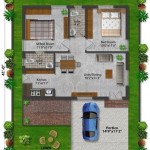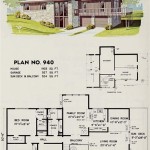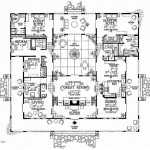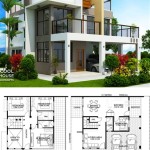Build Your Own Mobile Home Floor Plan
Designing a custom floor plan for your mobile home can be an exciting and rewarding endeavor. However, it's crucial to carefully consider essential aspects to ensure a functional and comfortable living space. Here's a comprehensive guide to help you create a tailored floor plan that meets your unique needs:
1. Determine Your Requirements
Start by defining the number of bedrooms, bathrooms, and other living areas you need. Consider the size of your family, lifestyle, and any specific requirements you may have, such as accessibility features or dedicated workspaces.
2. Sketch a Rough Layout
Draw a rough sketch of your desired floor plan, including the arrangement of rooms and their approximate dimensions. This will help you visualize the overall layout and identify any potential issues.
3. Choose a Floor Plan Template
Many manufacturers offer pre-designed floor plan templates that you can customize to your specifications. Alternatively, you can create a fully custom floor plan from scratch with the help of a professional designer.
4. Consider Traffic Flow
Ensure a smooth flow of traffic throughout your mobile home. Place doorways and hallways in logical locations to avoid congestion and maintain a sense of spaciousness.
5. Maximize Natural Light
Incorporate large windows or skylights to bring in ample natural light. This will brighten up your living space, reduce energy consumption, and create a more inviting atmosphere.
6. Pay Attention to Storage
Plan for adequate storage space throughout your mobile home. Consider built-in closets, cabinets, and drawers to keep your belongings organized and out of sight.
7. Create Outdoor Living Areas
If possible, incorporate an outdoor space into your floor plan. A deck, patio, or awning can provide a comfortable place to relax and enjoy the outdoors.
8. Consider Climate and Location
The climate and location of your mobile home will influence the design of your floor plan. For example, in warmer climates, you may want to consider larger windows and shaded outdoor areas.
9. Seek Professional Input
If you're not confident in your design skills, consider consulting with a professional designer. They can help you create a floor plan that optimizes space, functionality, and aesthetics.
10. Finalize and Build
Once you have finalized your floor plan, it's time to build your dream mobile home. Follow the manufacturer's instructions carefully and ensure that the construction meets all applicable building codes.
Conclusion
Building your own mobile home floor plan is a creative and personal process. By carefully considering the essential aspects outlined above, you can create a custom living space that perfectly meets your needs and lifestyle. Remember to prioritize functionality, comfort, and aesthetics to ensure a truly enjoyable mobile home experience.

Custom Design Your Manufactured Home Factory Direct Homes

Schult In Tx Offers A Decent Four Bedroom Option Floor Plans Mobile Home Redo Build Your Own House

Camilla Custom Modular Home 3 Bedroom Nc

10 Great Manufactured Home Floor Plans Mobile Living

Our Custom Built Modular Mobile Manufactured Homes Palm Harbor In 2024 Building Plans House Home Floor

The M Custom Modular Home 3 Bedroom Nc

Duplex And Triplex Custom Modular Prefab Homes Manufacturer Builder

Fp 09 Fl Kennedy T3606v 560 8 Gif 400 Modular Home Floor Plans Pole Barn House Barndominium

Floor Plan Ina Custom Homes

Saylor 16 0 X 60 908 Sqft Mobile Home Champion Homes Center In 2024 Floor Plans Shed Build Your Own House








